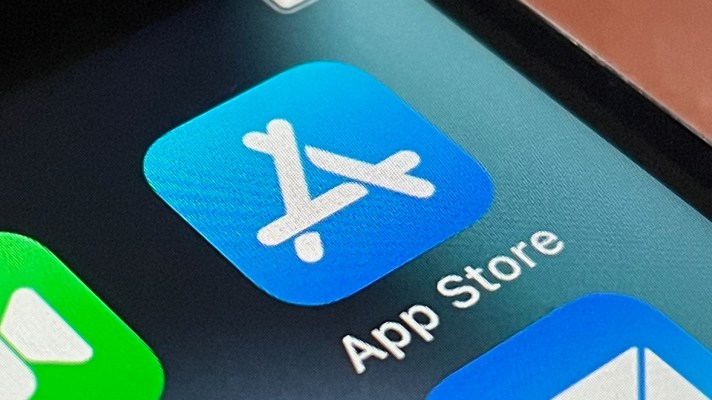Apple just released findings from an independent study, which highlighted that the revenue of small developers on the App Store grew by 71% from 2020 to 2022. The findings come amid regulatory pressure on Apple to change its app distribution practices, including opening up iOS to other app stores.
The tech giant defines small developers as anyone with less than $1 million in annual earnings from the App Store and less than 1 million downloads across all their apps in a given year. In 2020, the company dropped its fees from 30% to 15% for such developers.
The study said that more than 90% of developers on the App Store were small developers in 2022. Many indie developers joining the ecosystem are based in Europe, as 25% of new small developers came from European countries. China represented 23% of developer additions, and 14% of new developer signups came from the U.S. Other regions such as South Korea, India and Brazil contributed 35% in terms of new developers joining the App Store ecosystem.
The report emphasized the reach of the App Store being available in 175 countries. It said that 40% of downloads of apps from small businesses came from outside their home region and 80% of them had their apps on multiple storefronts.
Some developers are growing their revenue at a fast pace, according to today’s study. For instance, 40% of developers who used to be “small developers” — but have graduated from that category as they earned more than $1 million in 2022 — were not on the App Store or had less than $10,000 in earnings just five years ago.
With this study, Apple wants to point out that its platform helps small businesses and developers amid regulatory scrutiny. Earlier this year, the company published a report noting that it had paid out $320 billion to developers since the inception of the App Store in 2008.
However, different authorities across the world are looking at Apple’s (and Google’s) monopoly in distributing apps on their respective platform. In February, the Biden administration said that both tech giants are stifling competition through their app stores. It said that these companies have created a “suboptimal” environment for competition and their policies on these stores “have created unnecessary barriers and costs for app developers, ranging from fees for access to functional restrictions that favor some apps over others.”
The company is also reportedly preparing to allow app sideloading on iPhone, largely thanks to the EU’s Digital Market Act (DMA), which will come into effect in 2024.
